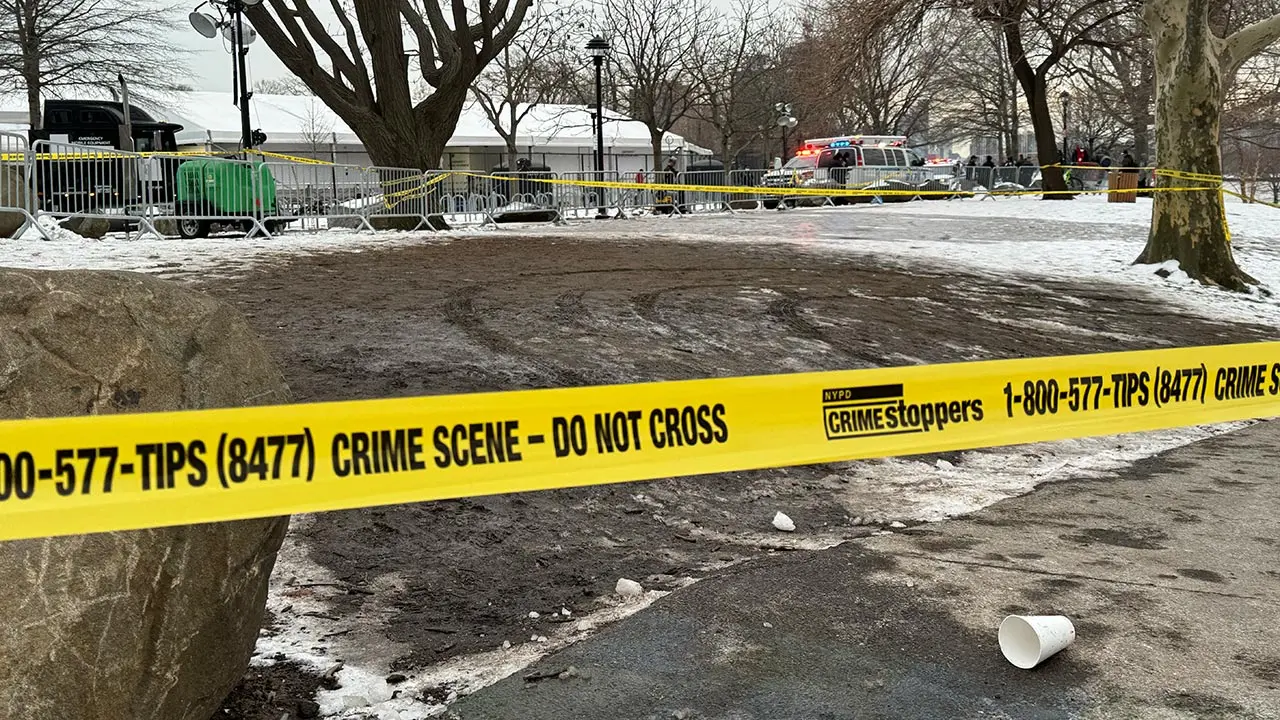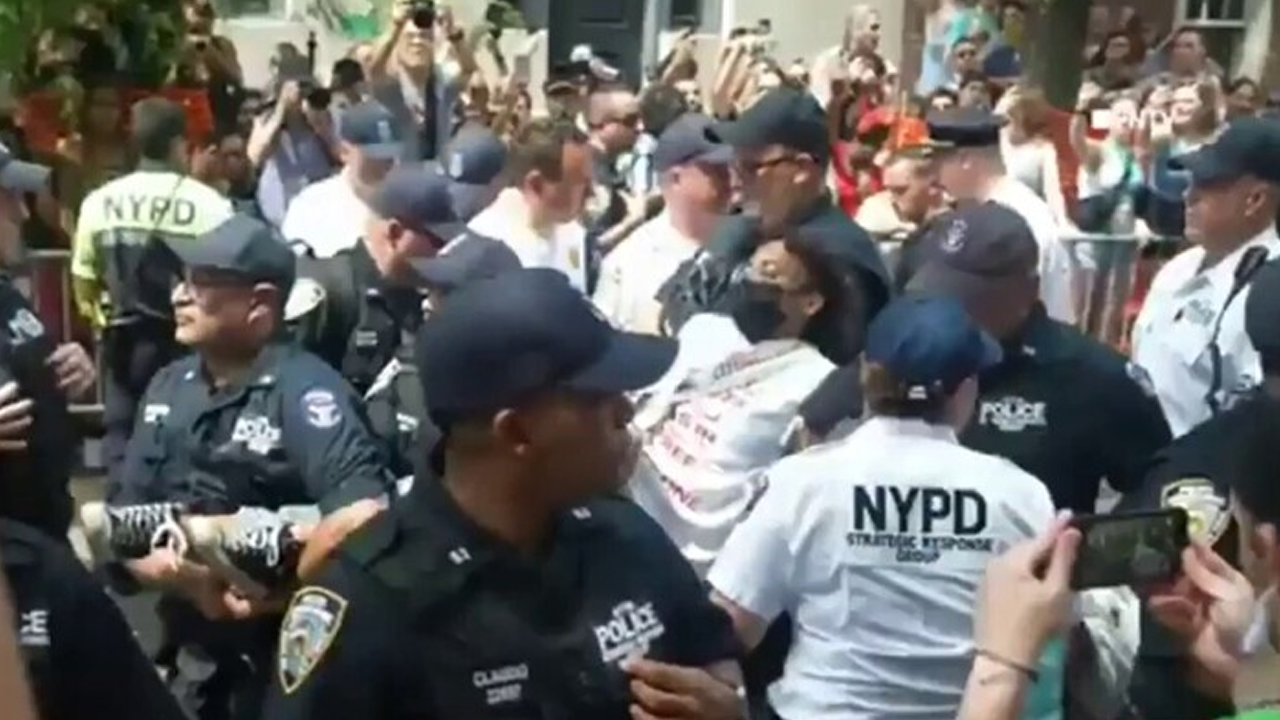A commission investigating the mass shooting in Lewiston, Maine, concluded on Friday that local law enforcement officers should have taken the gunman, Robert Card Jr., into custody and seized his weapons before he killed 18 people on Oct. 25.
The decision to instead give Mr. Card’s family responsibility for removing his weapons was “an abdication of law enforcement’s responsibility,” the commission wrote in its 30-page interim report, intended to provide early findings to legislators who are weighing several proposals for changes to the state’s gun laws, spurred by the events.
The local sheriff’s department had “sufficient probable cause” to take Mr. Card into custody and remove his weapons because of a “likelihood of serious harm,” the commission said in its report.
The seven-member commission has held seven public meetings since last November, collecting testimony from Mr. Card’s Army Reserve supervisors, local and state police officers, as well as survivors and family members of the victims. The panel has pressed witnesses for details of their actions in the months leading up to the shooting, when the gunman displayed increasingly erratic and paranoid behavior, convinced that people he did not know were calling him a pedophile.
Concerned Army Reserve colleagues and supervisors intervened during the summer before the shooting, sending Mr. Card for a mental health evaluation at a hospital in New York. But subsequent attempts to check on his mental health, and take away his weapons, were unsuccessful, raising questions about the adequacy of law-enforcement communications and follow-up, and of the state’s “yellow flag” law, which allows for the removal of weapons from people deemed to be a risk.
“Robert Card Jr. is solely responsible for his own conduct, and he may have committed a mass shooting even if the guns he possessed in September 2023 were removed from his house,” the report found. “Nevertheless, there were several opportunities that, if taken, may have changed the course of events.”
The commission stopped short of recommending specific changes to the “yellow flag” law, noting that the process it sets up can be “cumbersome” but also that the law had been used successfully in other cases it reviewed.
“An officer needs to have knowledge of the process, use all the resources the officer has to gather the necessary information, and have the dedication and persistence to follow through with the investigation and the process,” commission members wrote.
The commission plans to hold additional hearings before issuing its final report. It has not yet heard testimony about trauma to Mr. Card’s brain that was documented by scientists in a recent autopsy report, similar to that seen in the brains of veterans exposed to repeated weapons blasts. The evidence of brain damage has raised questions about whether Mr. Card’s experience as a grenade instructor affected his mental health.
Mr. Card, who had been a grenade instructor in the Army Reserve and was exposed for years to thousands of skull-shaking blasts on the training range, showed signs of “moderately severe” damage to the white matter that forms the wiring deep in the brain, according to the report from Boston University’s C.T.E. Center, a laboratory that has documented chronic traumatic encephalopathy, or C.T.E., in athletes.






